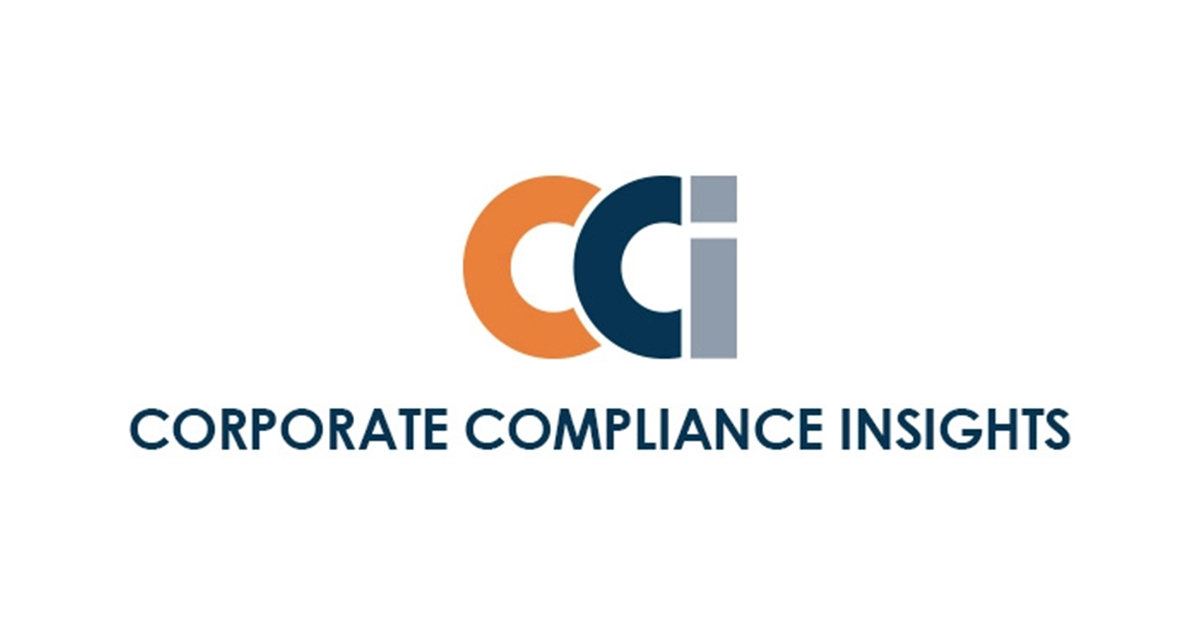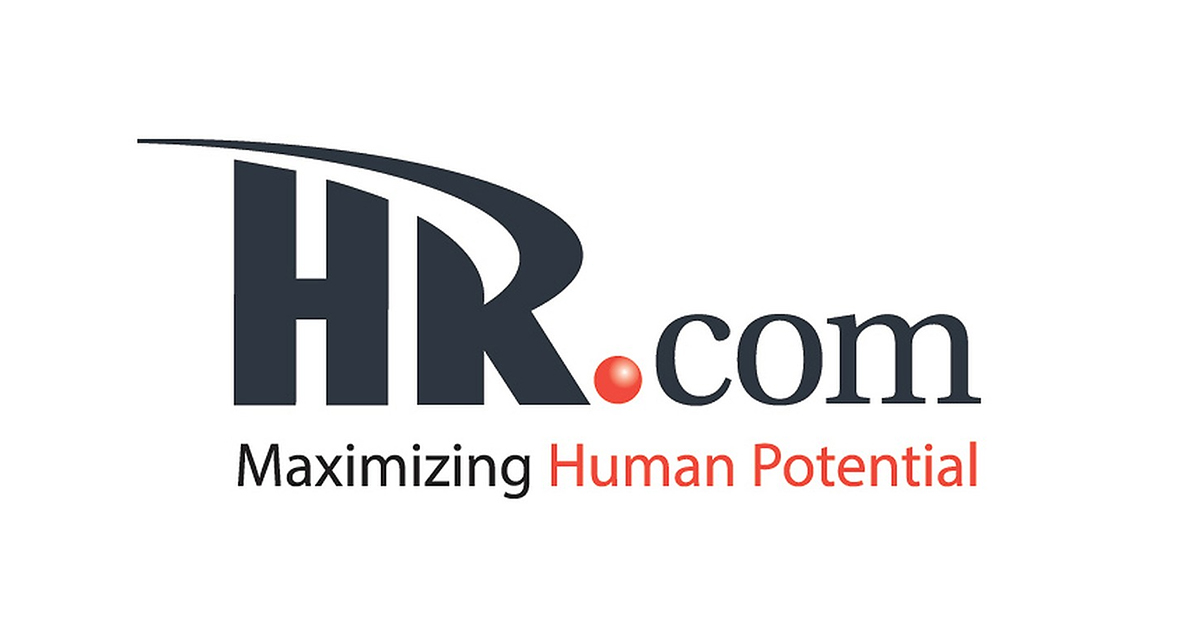In this second installment of our series aimed at those out of control issues that organizations face in mitigating employee-related risks, we discuss what a “whistleblower” is, what legal and workplace protections whistleblowers have, and how the enhancement of those protections affect organizations.
What is a Whistleblower?
“Whistleblowing is the act of drawing public attention, or the attention of an authority figure, to perceived wrongdoing, misconduct, unethical activity within public, private or third-sector organizations. Corruption, fraud, bullying, health and safety violation, cover-ups and discrimination are common activities highlighted by whistleblowers.” -From the HR Glossary at HRZone
Sometimes whistleblowers will face backlash or retaliation from colleagues, managers or other stakeholders in the organization. Whether this is employer sanctioned or not, the employer is still faced with increased legal exposure due to whistleblower protections. Whistleblowers can also face reprisals from their co-workers, or anyone specifically involved in the reported activities or behaviors. Finally, the whistleblower can face litigation themselves if they have made false or illegitimate allegations. If handled incorrectly, whistleblowers can cause a lot of damage to an organization in the way of legal costs and damage to the company reputation. There are two types of whistleblowing:
- Internal – The whistleblower reports misconduct to another person within the organization (ex. Colleague, Manager, Human Resources).
- External – The whistleblower reports misconduct to another person outside the organization, such as law enforcement or media.
Whistleblower Protections
As whistleblower protections are increased, the need for employers to prepare company leadership for these situations becomes increasingly important.
Whistleblower protections include, but are not limited to the following:
The Whistleblower Protection Act (WPA) protects workers in the Federal sector from retaliation for disclosing illegal government activities. For the most part, this means that the government can’t demote, fire, suspend, harass, threaten or discriminate against a whistleblower.
The Corporate and Criminal Fraud Accountability Act protects corporate workers who disclose certain securities-related violations by making retaliation a federal crime.
The False Claims Act is considered the original whistleblower protection law in the US. This law permits a private individual to initiate a lawsuit against a business for committing fraud against the federal government. This act allows the whistleblower to collect a portion of any money damages awarded.
What do Increased Protections for Whistleblowers Mean for Organizations?
Enhancements like the Whistleblowers Protection Enhancement Act of 2012 are put in place to create a safer and more transparent environment for both employer and employee. However, employers should focus on educating their workforce and leadership to prepare themselves for any situation that can arise.
Even if a company is found innocent of claims by a whistleblower, a frivolous suit can be financially crippling and do damage to an organization’s reputation. Therefore, it’s in a company’s best interest to manage employee relations strategically, before a situation occurs.
When an employee comes to a leader or a member of the HR team with an issue, it must be resolved quickly, appropriately and with a documented process. If an employee doesn’t feel like anyone is listening or communications are mishandled, the employee may quickly disengage from the workplace and seek external advice…both which can be costly to your organization.
Dealing with an investigation the right way – using a defined process and a well-trained team – will have a large impact on whether or not the issue is taken to court. When investigations or claims are handled poorly, the outcome can be dangerous for the organization. Making employee relations a high-level priority includes: defining the “risk triggers” in your organization, creating a centralized documentation repository, and building a process that fits within and is followed consistently across your organization.
Whistleblower Retaliation
Retaliation claims are more likely to get to a jury than other types of employment claims. They can also be extremely tough for the defense to win, even if the allegations of retaliation are false, or misconstrued.
Many experts in employee-related litigation believe that these enhanced whistleblower protections make it easier to prove claims of employer retaliation.
What Can Business Owners Do?
Creating a retaliation awareness program is becoming more frequent in businesses. These programs include educating managers on what exactly retaliation is (as well as what it is not), how to handle these claims through a proper investigation process, and constructing a reporting chain that not only halts retaliatory claims but prevents these actions from happening. Here at HR Acuity, our main goal is to prevent these situations from occurring but we recognize your team must be ready when and if a claim is seen or heard. If you don’t already have a process in place for your managers to deal with claims before they get to retaliation, speak with someone on our team today.
Whistleblowing is a complicated issue for organizations and leaders alike. Human Resources professionals can protect employees and the organization by defining a process, educating managers, creating a transparent document repository and putting employee relations at the top of the executive agenda.
Please stay tuned weekly to the HR Acuity blog, for the remaining installments of this series, “Out of My Control — Mitigating Employee-related Risk.”




